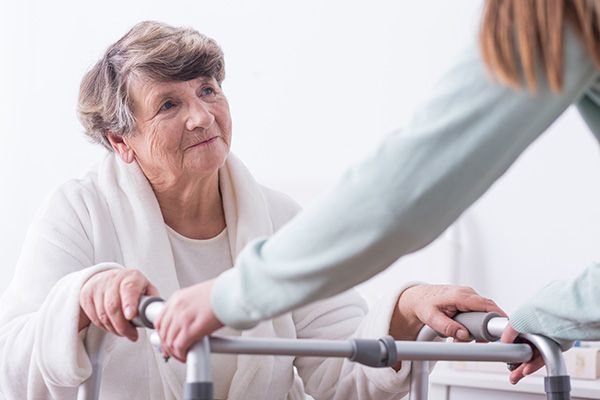Reducing Rehospitalization Rates with Comforting Home Care Transitions
Rehospitalization has become one of the hottest topics in professional healthcare since new Medicare rules went into effect. Hospitals and rehabilitation facilities serving Medicare patients are being denied millions of dollars in reimbursement when patients are rehospitalized within 30 days. Some surveys report that as many as 1 in 5 seniors will be rehospitalized, yet many medical providers continue to follow the same failed strategies to combat rehospitalization.
Senior management typically showers the blame on nurses, case workers, patient educators, and discharge planners. But the real issues causing rehospitalization are often not within the control of the medical staff. In fact, the rehospitalization by definition is the result of incidents that happened outside of the hospital and supervision of these professional caregivers.
Despite the fact that rehospitalization is the result of an incident happening at a patient’s home, many in the medical community has been reluctant to embrace home care as the obvious solution to this problem. Home care is often dismissed as “non-medical” personal care while the benefits of having an educated patient advocate providing education to patients and families is overlooked.
Home care provided by HHAs and CNAs are present in the home with the patient. They can directly contribute to the reduced hospital readmission rates through the following:
- Improving compliance with discharge instructions.
- Monitoring proper dosage and timing of medications.
- Motivating patients to participate in rehabilitation exercises.
- Advising patients to avoid restricted activities.
- Reducing stress for families and patients improving rehabilitation.
- Surveying for home hazards, specifically fall prevention.
Many hospitals and medical providers have recognized the significant benefits of recommending home care for patients. Unfortunately home care is typically not covered by insurance and this can be a significant barrier for patients. However, families are increasingly seeing the benefits of home care and are willing to invest in these beneficial services. Many local government agencies are also available to provide much needed financial assistance to seniors.
Forward looking home care providers are developing programs to support the home transition process and form partnerships with hospitals. The Comforting Home Care by Phoebe Transitions℠ program is good example of the solution that many home care companies have developed in response to the rehospitalization crisis. This system can serve as a template for comparing similar programs. The best programs are able to track individual patients and measure the reduction in readmission rates.
Hospitals need to recognize that they cannot significantly influence rehospitalization rates from within their own walls. They will need to form partnerships with specialized home care providers to serve patients in their homes.












